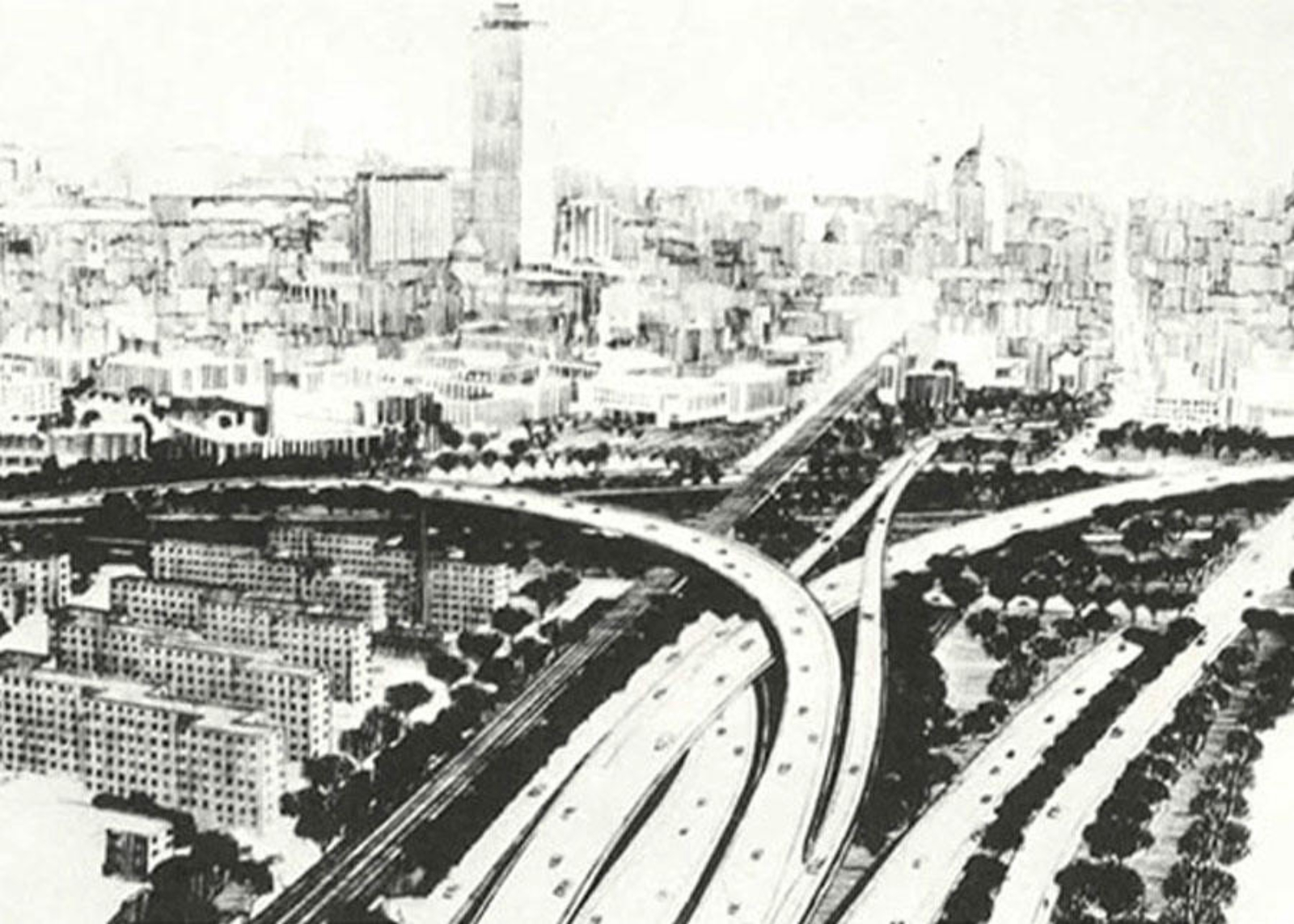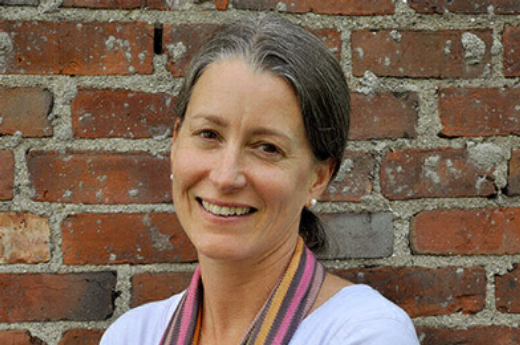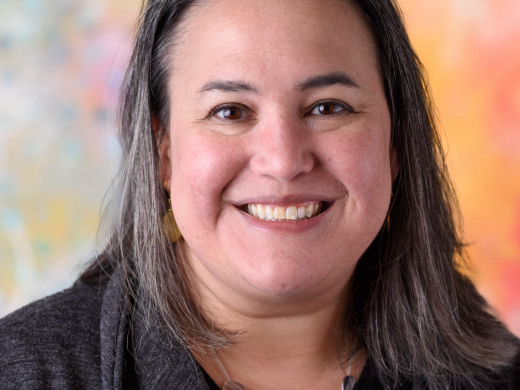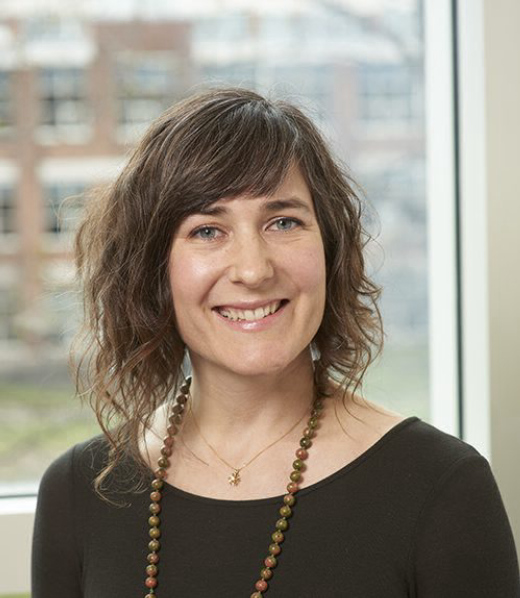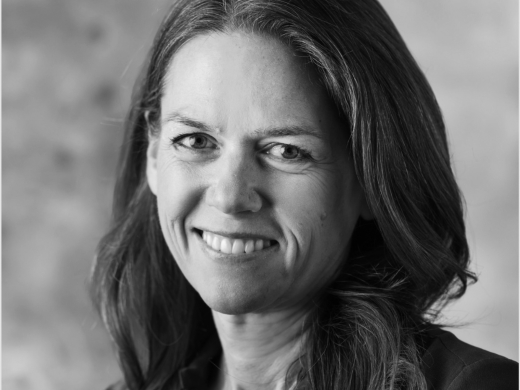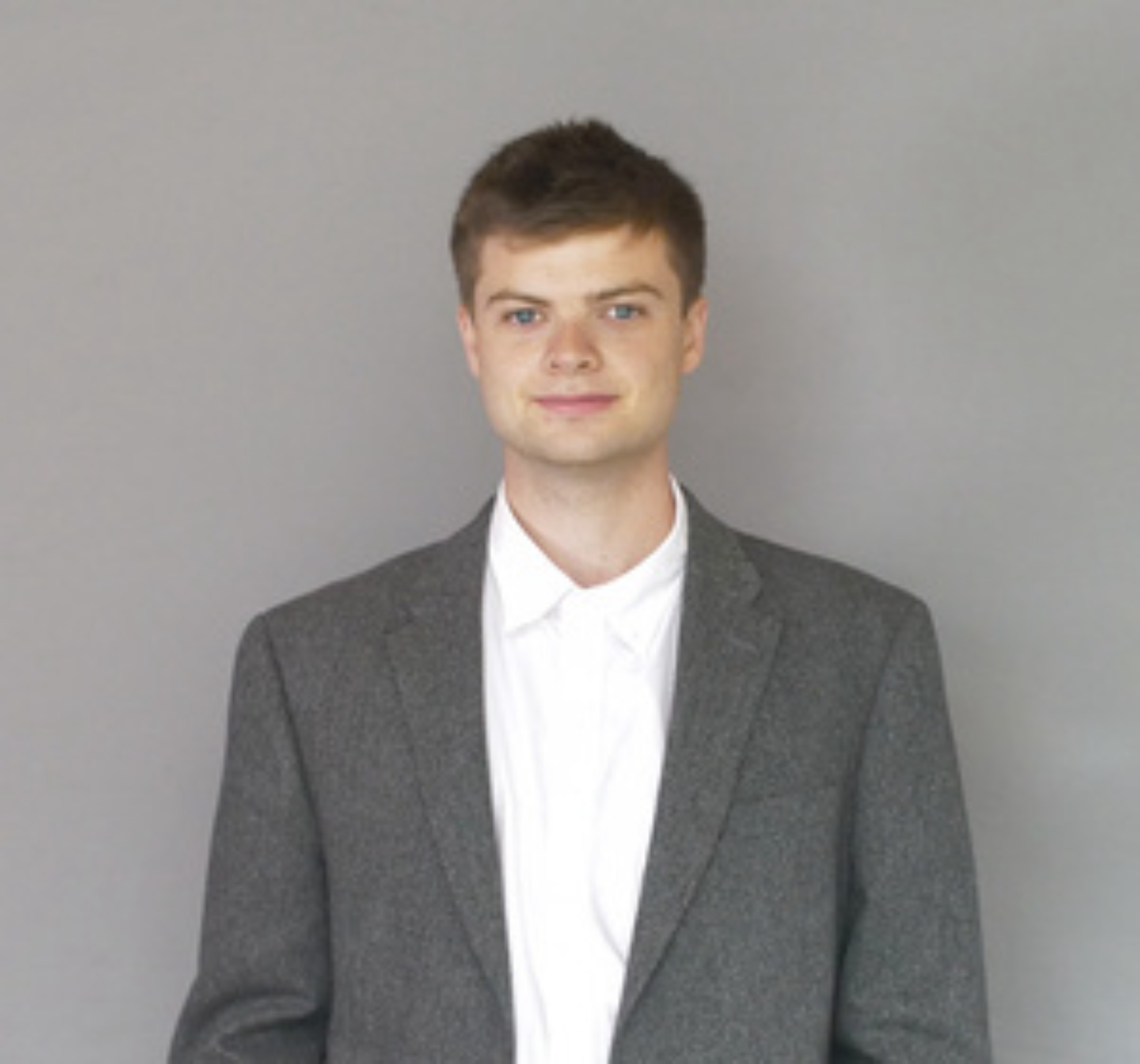Urban Repair: The Southwest Corridor Transit Project in Boston
This session will consider the ways in which the Southwest Corridor Project (1978 –1990) in Boston, Massachusetts sought to repair marginalized communities through the then innovative use of a major infrastructural initiative as a tool of community empowerment as a response to and critique of the top-down planning and large-scale construction projects that had transformed Boston in the 1950s and 60s. Set against the backdrop of a city that was struggling with longstanding racial tensions and a protracted economic downturn, the project sought to address the practical needs of adjacent communities and to restore and promote civic life and engagement. In so doing, it suggested an alternative mode of envisioning the postwar American urban landscape – one that was oriented to the existing city and its diverse communities.
Speakers & Abstracts:
- Restructuring: The Southwest Corridor as Critique of the Postwar American City
Lucy M. Maulsby, architectural historian, and educator. - Stitching: Southwest Corridor Park and the Modern Linear Landscape
Sara J. Carr, urban designer, landscape scholar and educator. - Activating: Communities and Anti-Highway Protest Along the Southwest Corridor
Mary Hale, designer, artist, educator. - Bridging: Ruggles Station, Neighborhoods and Histories
Amanda R. Lawrence, architectural historian, critic, educator.
Moderator:
- Daniel Jonas-Roche (b.1993) is an architecture professor, curator, and writer in New York City.
Location:
Paul Rudolph Hall and Loria Center for the History of Art
